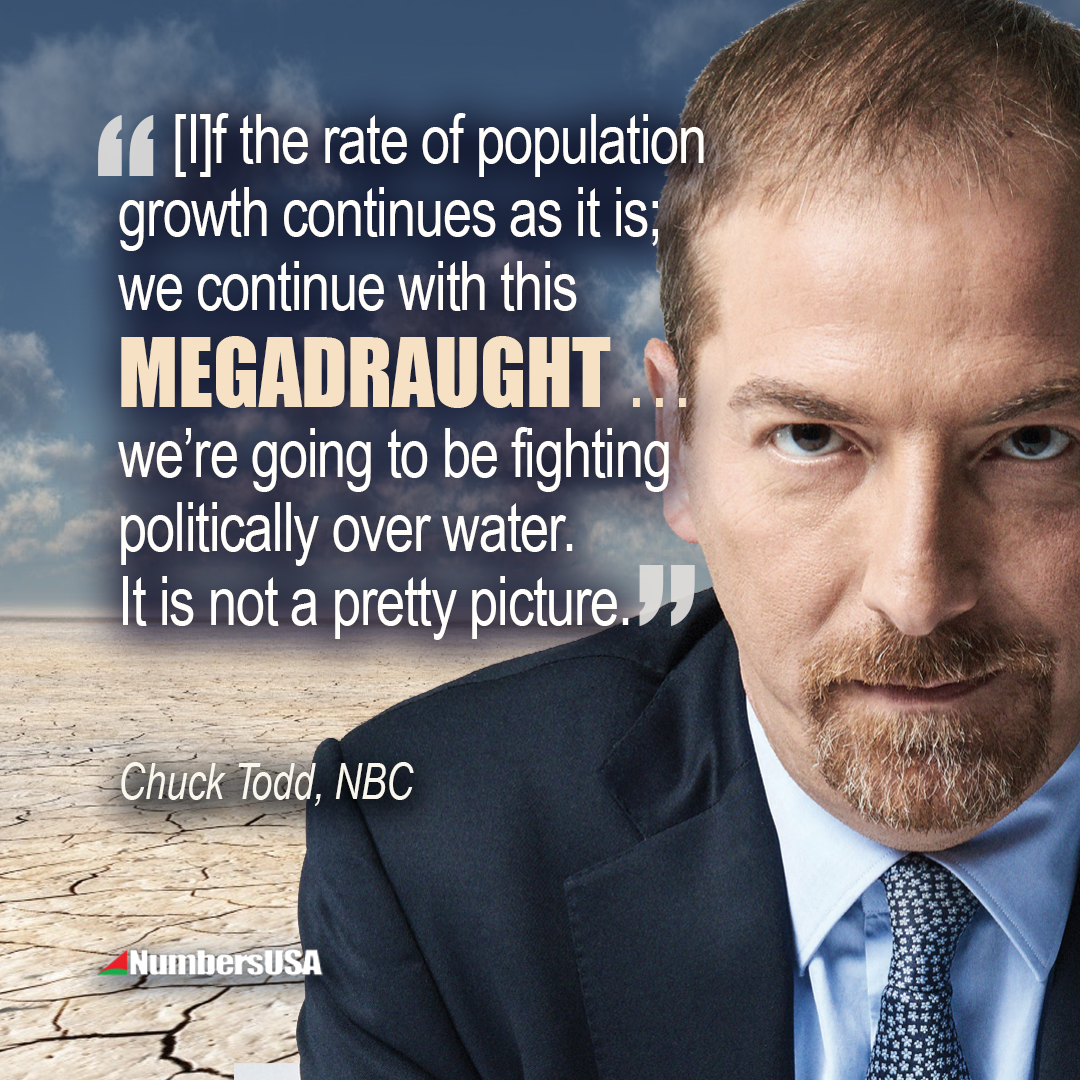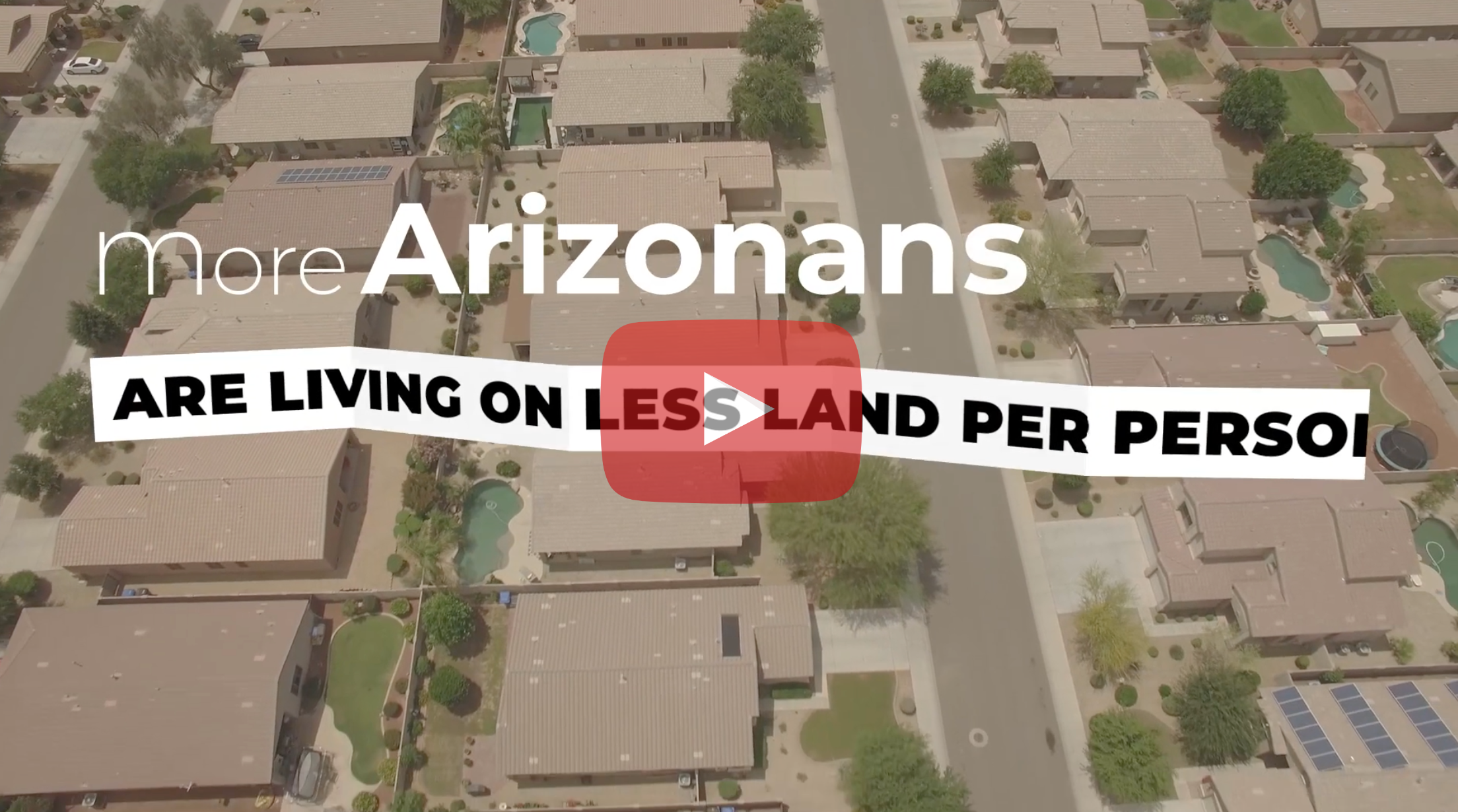NBC News and Chuck Todd are looking at declining water levels and increasing population in the southwest and sounding the alarm:
The lake’s level is down by about 160 feet from where it was in 2000. And its July elevation of 1,040 feet was the lowest it had been since April 1937. That’s when the reservoir was still being filled up. If the lake gets to an elevation of 950 feet, the dam will no longer be able to produce hydroelectric power.
“The story is just as dire at Lake Powell, on the Arizona-Utah border. It sits at an elevation of about 3,533 feet. The lake needs to be at a minimum of 3,490 feet to be able to generate power.”
“So forget just a water crisis,” Todd says. “Then, you have an energy crisis, too.”

NBC looks at the key factors in the emerging crisis:
On top of the drought, the warmer weather of recent years leads to more evaporation. It’s also hard to ignore the impact of growing population. The seven states fed by Colorado River Basin are all growing, and many are adding people faster than the national average.”

Will population rates stay the same? That’s largely up to Congress. Rusty Childress, writing in The Independent about Phoenix and Arizona, issues a call to action:
….The only way to keep the state’s population growth in check is to hold local policymakers accountable — at the ballot box….If immigration trends continue, America will add about 70 million new people to its population over the coming four decades….we have to put the proper guardrails in place.”
Politicians and editorial boards in these drought-stricken states continue to welcome and even champion high immigration rates that drive up the population. As James Bowen observes in The Tennessean, the growth these elites strive for bring economic benefits to some, but also “comes at a severe cost to the environment and existing resident’s quality of life”:
A growing population needs more water from rivers, reservoirs, and aquifers — as well as more land to grow food, more residential and commercial buildings, more roads, more landfills, more wastewater treatment plants, and so on….”

“The explosive population growth that the region has experienced in recent decades didn’t cause this water crisis,” Bowen says. “But the ever-increasing population has made the consequences far worse.”
National and Local Implications
NBC reports:
When it’s winter in the North, a lot of the produce at your local supermarket comes from farms in the Southwest. And as water becomes scarcer, it’s going to become more difficult to farm in the area. That means less farmland, fewer farms and possibly higher prices for produce…
“…If the population growth in those counties over the past decade continues for the next 10 years, the problem only deepens.”
Childress provides a local view from Arizona:
And look at what’s happening to the Sonoran Desert, one of the most biologically diverse desert ecosystems in the United States. Located uncomfortably close to the fast-growing cities of Phoenix and Tucson, the Sonoran is at constant risk of destruction-by-bulldozer as developers eye the desert biome as a prime site for their next subdivision.
“As one recent example, a homebuilder has drafted plans to erect over 1,400 new houses along preserved Sonoran land just north of Phoenix.
“It’s difficult to overstate how dangerous such ideas are for Arizona’s environment.”

Arizona and the six other states that signed the Colorado River Compact in 1922 had a combined population of 2.8 million in 1900. Their combined populations today exceed 62 million.
JEREMY BECK is a V.P., Deputy Director for NumbersUSA
Take Action
Your voice counts! Let your Member of Congress know where you stand on immigration issues through the Action Board. Not a NumbersUSA member? Sign up here to get started.
Donate Today!
NumbersUSA is a non-profit, non-partisan organization that relies on your donations to works toward sensible immigration policies. NumbersUSA Education & Research Foundation is recognized by America's Best Charities as one of the top 3% of well-run charities.
Immigration Grade Cards
NumbersUSA provides the only comprehensive immigration grade cards. See how your member of Congress’ rates and find grades going back to the 104th Congress (1995-97).